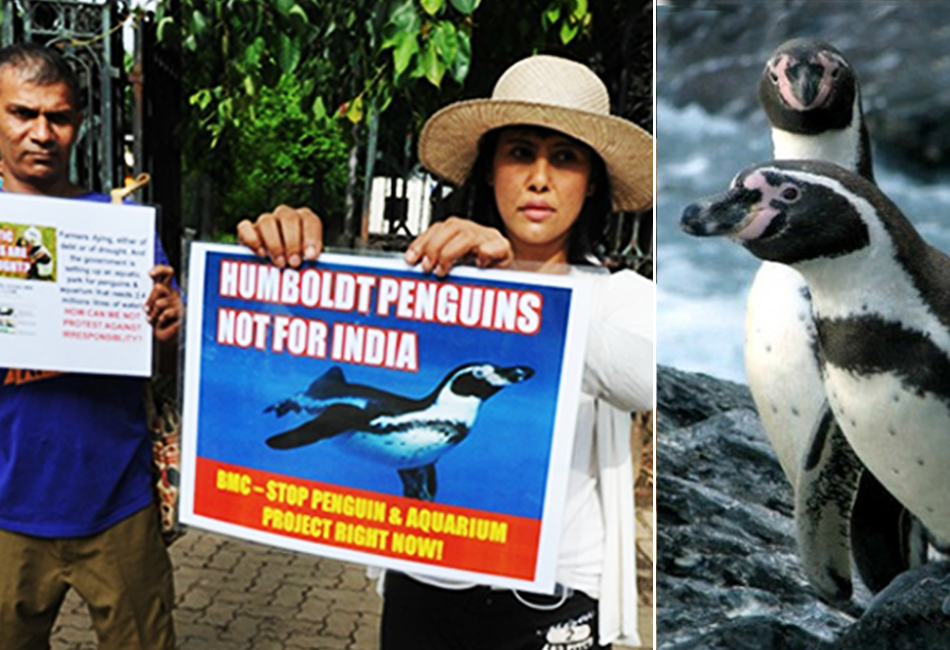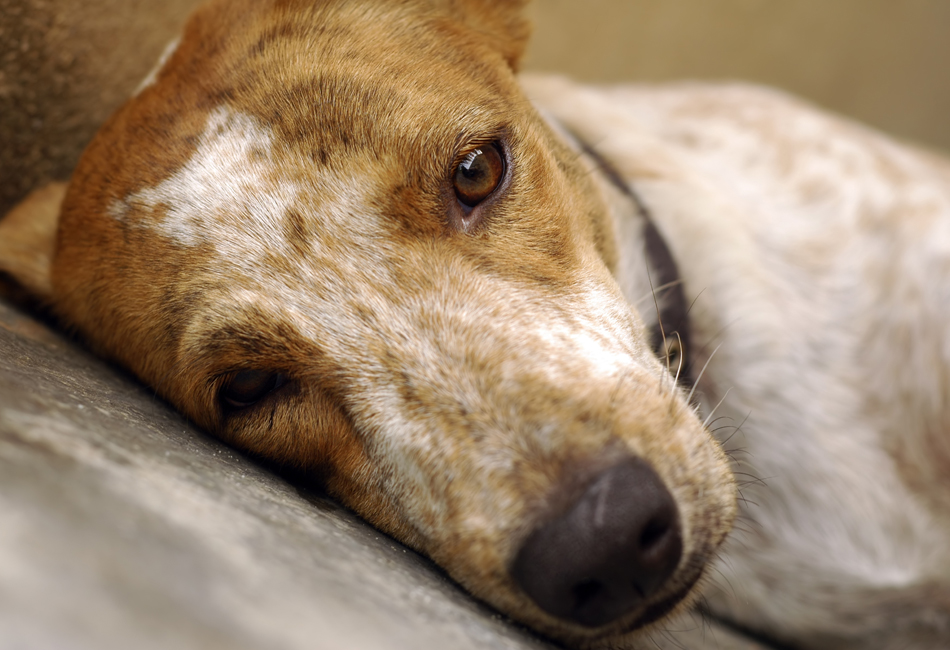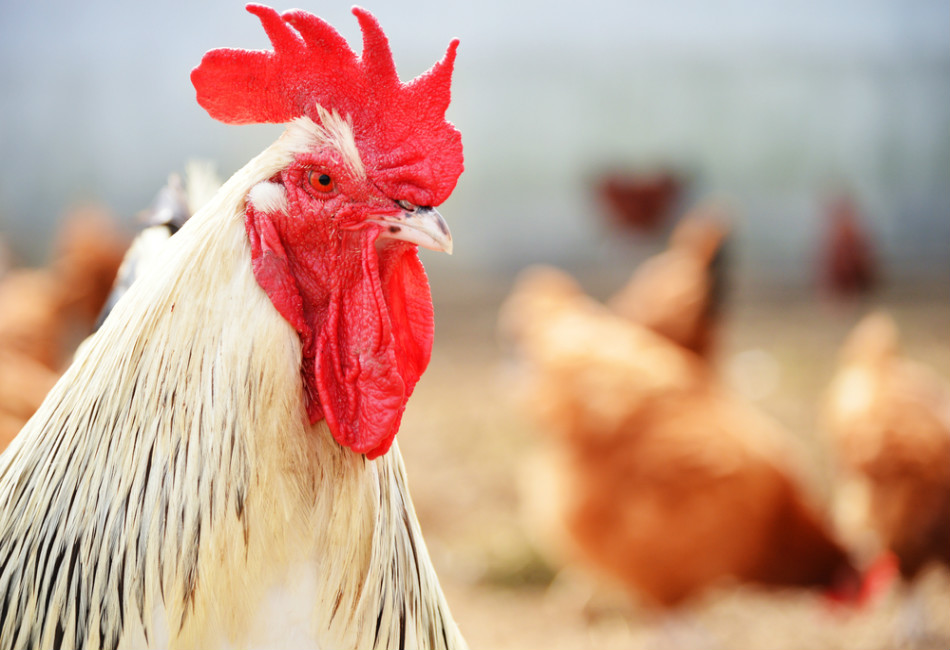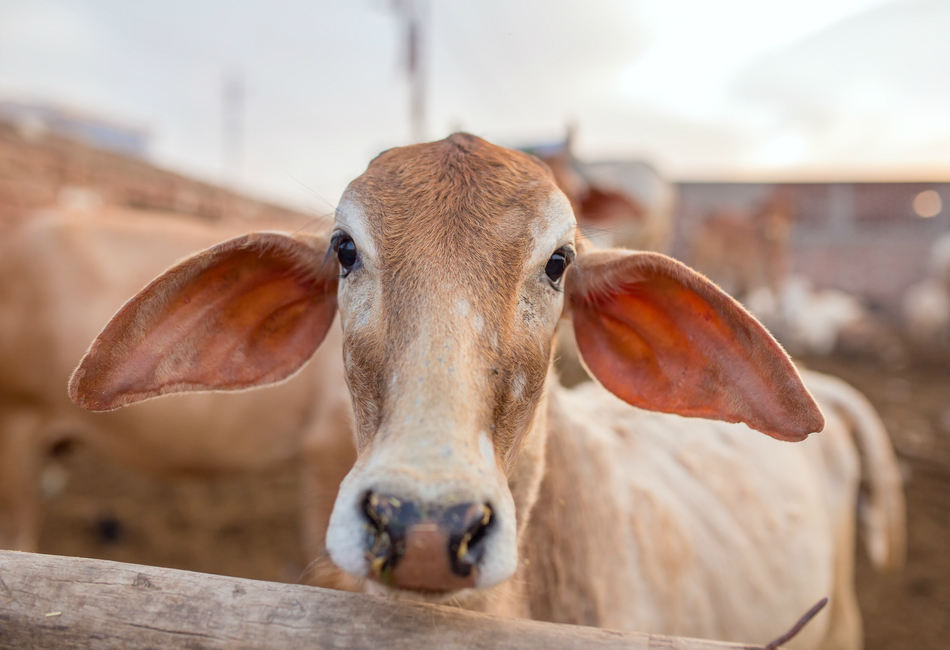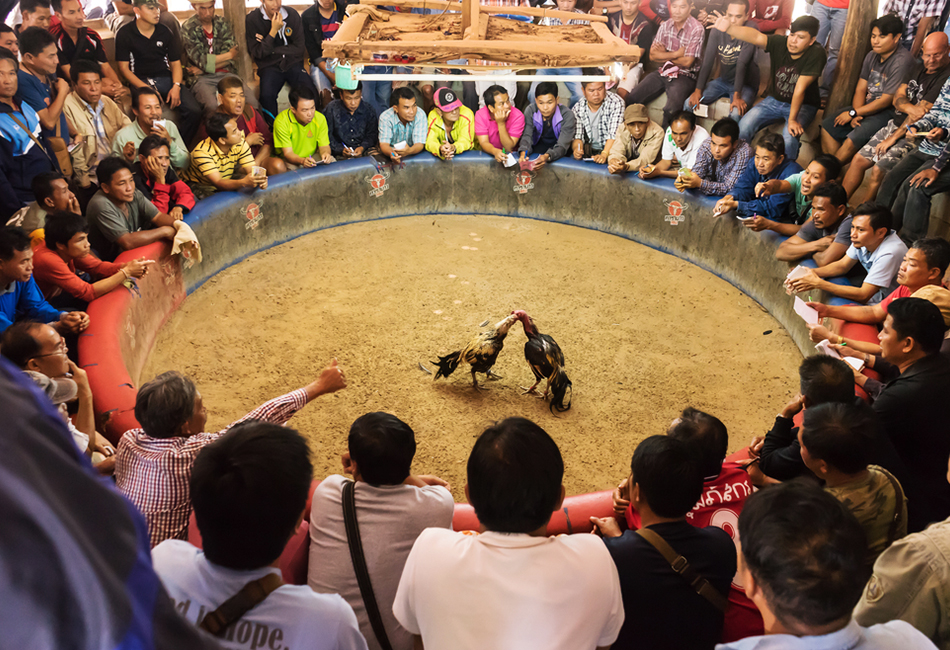Download Free Vegan Starter Kit -
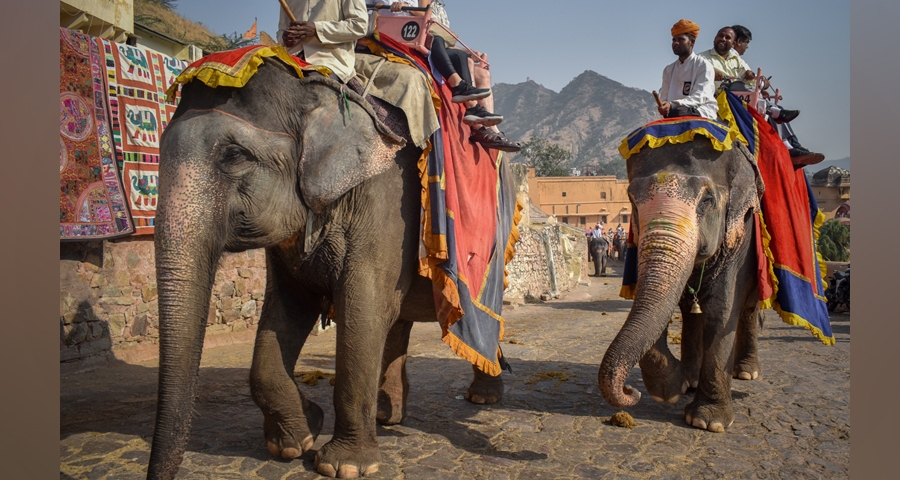
From The Wild To Captivity - The Loss Of Inherent Rights Of Elephants
Below is a guest post by FIAPO, the Federation of Indian Animal Protection Organisations, India's apex animal protection body.
Four baby elephants are about to begin an arduous journey of over 2,000 kms from Assam to Gujarat. Separated from their families, confined in cages and loaded on trucks they will be bumped and jolted for days until they reach their destination at the Sri Jagannath Ji Temple in Ahmedabad.
Earlier this year the High Court of Guwahati, based on the heat-wave conditions in north-west India, had mercifully put this journey on hold. The temperature may have changed but the basic trauma of what these young elephants will be put through has not – and the bleak prospects of the life for which they are destined.
This is illustrated by another elephant, very far apart in age and location. Padmanabhan is one of the venerated temple elephants of the famed Guruvayoor Devaswom, part of a large Anakotta of over 50 captive elephants in the temple compound. At 80 years old, Padmanabhan has spent an entire human lifetime in captivity.
As per the recommended Kerala Captive Elephant Management Rules, temple elephants should be retired at 65 years. Padmanabhan is 15 years above this age limit but with the onset of the winter Pooram season, in breach of every government and forest department guideline, he was allegedly paraded on the 8th and 9th of December through the crowds and chaos of the Ekadasi rituals.
All animals are sentient beings with real feelings and emotions. Opposed to popular belief, it can be stated with conviction that just because animals cannot express their pain as well as human beings can, that does not in any way entail that they cannot feel pain. For example, their sense of smell and their heightened hearing is so strong that the same noise that may not bother the average human being will bellow and echo in their ears with a greater impact. Elephants are advanced cognitive species that communicate in the wild through songs, by thumping on the ground, by leaving and tracing smells across kilometers - things that we humans cannot even conceive.
Elephants also have a very high emotional quotient, a deeply sensitive understanding of things and a very specific inherent sense of self. They are highly complex social and sentient beings, and their experience of captivity is no less than a loss of free will, autonomy and freedom - comparable to humans.
And like humans, they need the support of families. Elephant herds are well-defined social structures whose interactions impact the growth and well-being of each elephant, just as living in a family shapes human lives. Captivity in any form is a denial of living free, in the wild, in a herd - core and essential elements of being an elephant. Once devoid of a sense of self, any creature would find itsef lost and rootless, and turn into mere ‘living things’ and not ‘living beings’.
We recognise that elephants have a traditional religious significance in India and that the wealthy devotees who ‘gift’ them to temples like Guruvayoor might feel they are acting in a benevolent way, especially compared to the even greater cruelties that elephants are subjected to in circuses or tourist locations or used for begging on the hot, dusty streets of Indian cities. Yet even if we assume for the sake of argument that temple elephants are comparatively ‘well-kept’ we have to ask how well-being can truly flow from denying elephants the natural, community-driven lives they were born to live free in the wild?
“Transfer of young elephants from their homeland to an alien location is always a bad idea!” says Ms Suparna Ganguly of the Bengaluru-based animal rights organisation CUPA (Compassion Unlimited Plus Action). Years of working on issues of captive elephants have convinced her that elephants cannot be looked upon as toys to be played with by brokers and end-users under the garb of commerce, livelihood and culture.
Ms Ganguly also points to the particular harm caused by removing elephants from the habitats that have wider significance for the Indian traditions that revere nature and environment. “Without elephants - forests, rivers and wilderness spaces will gradually disappear to mankind's own destruction. To enslave such animals in intensive confinement for man's petty uses is cruel and illogical.”
India has the highest number of Asian elephants and the second-highest captive number of elephants (at approx. 2650) after Myanmar. Despite a clear national policy against further captivity of wild elephants and numerous regulations to protect them from cruelty, young wild calves continue to come under captivity and private ownership.
Assam is known to be a hotbed for the illegal capture and taming of wild elephants especially when they are young calves. There are numerous illegalities reported on how elephants from Assam are ‘given’ to other states for short-term periods, never to return. Most captive elephants found across Indian temples or in private possession trace a single ownership certificate to Assam, but somehow their possession is always in the hands of someone else in another state.
Mr MN Jayachandran of the Society of Prevention of Cruelty to Animals states emphatically that, “There is no such thing such as ownership of an elephant now. The elephants that are ‘owned’ are only illegally transferred. In their 2015 court order, the hon’ble Supreme Court of India clearly states that transfer of private ownership of elephants is illegal.”
Moreover, the certificate of ownership must be renewed every 5 years. “In Kerala, not a single certificate has been renewed,” says Mr. Jayachandran. “Hence any elephant that is being privately held captive here is illegal and undocumented. In spite of a statement given by the forest department stating that the elephants shall not be transferred to another custodian, they are very much being transferred.” Under the Wildlife Protection Act, 1972 the forest departments are custodians of all things wild. No private individual or body can own a wild animal - but somehow we tolerate an exception for elephants to be owned, while also treating them as a National heritage and worshipping them as quasi gods.
The four baby elephants that are about to start their journey to Gujarat are hence also on a path which goes against their natural interests, which is morally dubious and which may be inviting illegality, if not just this case, but the general way in which the idea of ‘private’ ownership is being perpetuated. It goes against the core belief of FIAPO is that animals have an inherent intrinsic value and deserve to be treated with dignity.
We are committed to a change in our perception of animals from commodity to sentient beings with equal rights. Thereby, we strongly affirm that all animals must be entitled to a range of legal and constitutional rights namely bodily integrity, autonomy, liberty and dignity. These core rights will prohibit ownership of animals as things, prevent their commercial exploitation, torture, cruel and degrading treatment and ensure their right to physical and mental well-being. At the very least these core rights allow for an equal consideration of interests of animals.
AUTHOR
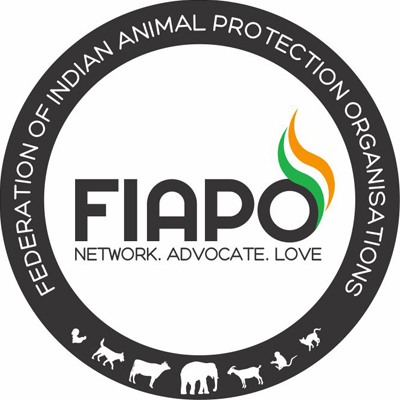
trending
Be a Vegan First Informer
Send us buzzworthy news and updates
Explore
Contact Us
About Us
Stay Connected
Copyright ⓒ 2017-2023. VEGAN PASSION PRIVATE LIMITED. All Rights reserved.
For more information, please write to hello@veganfirst.com
Registered Office Address: 55, 2nd floor, lane 2, Westend Marg, Saidullajab, Near Saket Metro Station, New Delhi, Gadaipur, New Delhi South West Delhi, DL

2.png)

.png)

.png)
2.png)
2.png)
2.png)


1.png)

